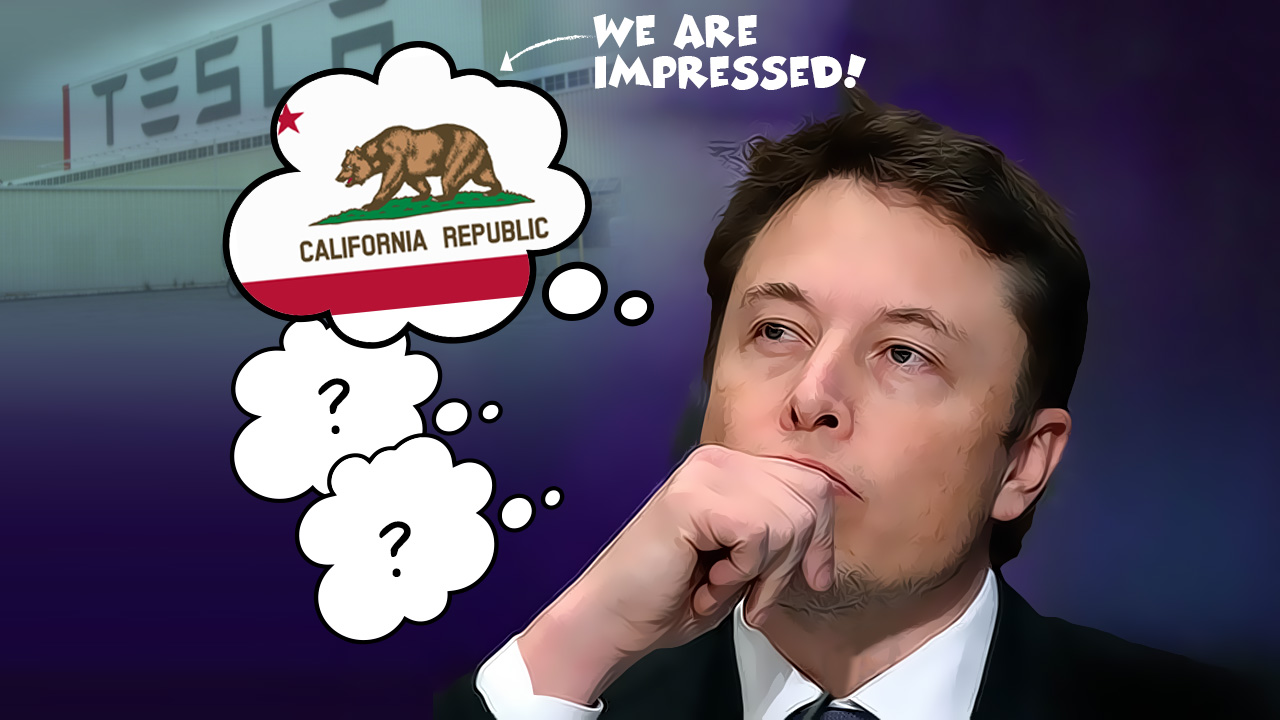
Aug 27, 2014 | BBC World Service, Electric Vehicles
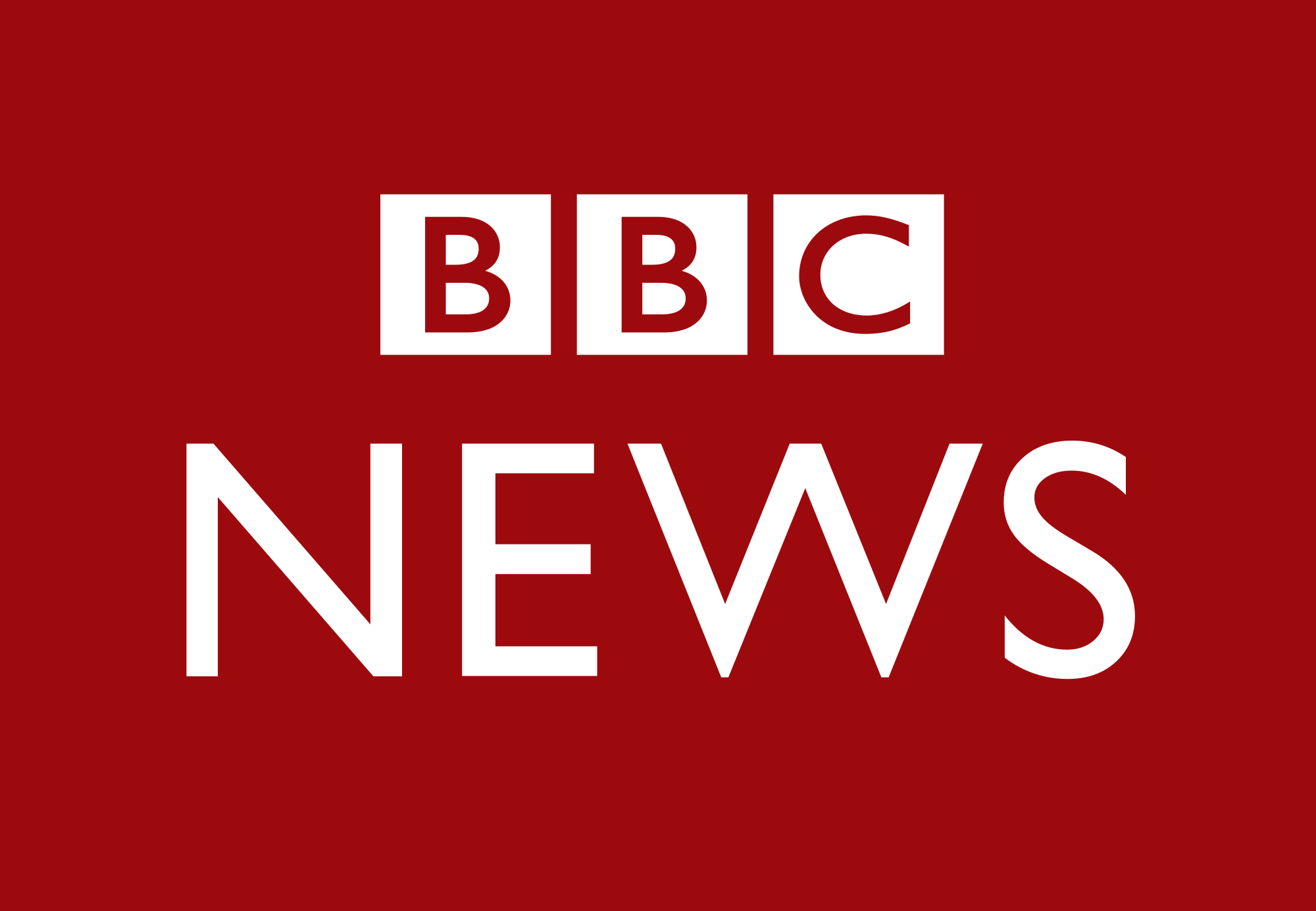 By Alison van Diggelen, host of Fresh Dialogues
By Alison van Diggelen, host of Fresh Dialogues
Last week I joined BBC Business Matters host, Mark Whittaker in London and CIMB Research’s Song Weng Wun in Singapore, for a discussion about Tesla’s Gigafactory; why competition between five U.S. states to secure the factory is so intense; and what it means for the future of electric cars.
Although Tesla began groundwork on a factory site in Reno, Nevada, progress has now halted. Last week, Nevada Senator, Harry Reid said, “I’m not sure they aren’t playing us.”
Meantime, California Governor, Jerry Brown is enthusiastically enticing the electric carmaker with offers of generous tax credits, employee training and fast track approvals.
Although some commentators say that the Golden State is too green to land the Tesla Factory, that hasn’t stopped State Senator Ted Gaines from remaining bullish. “I am very confident…innovators come to California because it’s unique,” Gaines said during a recent CNBC interview. “We want to fight for 6500 jobs and a $5 Billion investment.”
Listen to the global perspective at BBC Business Matters, starting @31:17.
Here is the transcript.
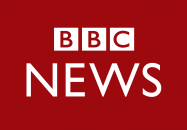 Mark Whitaker: My guests on Business Matters today are Song Seng Wun from CIMB Research in Singapore, and San Francisco’s Alison van Diggelen. Alison presents a program called Fresh Dialogues which is all about high tech… and all about green. Alison, we’re always keen to hear about what’s happening in Silicon Valley. What’s the latest?
Mark Whitaker: My guests on Business Matters today are Song Seng Wun from CIMB Research in Singapore, and San Francisco’s Alison van Diggelen. Alison presents a program called Fresh Dialogues which is all about high tech… and all about green. Alison, we’re always keen to hear about what’s happening in Silicon Valley. What’s the latest?
van Diggelen: The thing I’m excited about today is the fight over the Tesla gigafactory. Tesla is the maker of an all-electric vehicle, an electric car called a Model S; and the CEO Elon Musk is wanting to build what he’s calling a Gigafactory, which is a giant factory to make billions of lithium-ion batteries. Five states in the United States (California, Nevada, New Mexico, Arizona and Texas) are fighting over the privilege of having this factory in their state. It’s going to produce over 6000 jobs and obviously be a huge boost for the local economy. So it’s quite interesting to see the fierce competition over this whole green expansion here.
Whitaker: So it’s pretty high stakes. Does that give an indication that green industry has really taken off in the United States?
van Diggelen: Well Elon Musk and his team have certainly found a good formula. They’ve produced a car that has had all the top ratings in all the consumer reports. His premise is: he’s not just doing it because he thinks electric vehicles are cool. He really has the big picture in mind: he’s focused on climate change and focused on reducing our carbon footprint.
I listened in to a recent analyst conference call, and he said the sooner this factory can be built, the sooner we can reduce our carbon footprint and reduce the probability of a catastrophe.
He’s watching the ice melt in the polar caps and is concerned. So he’s really putting his money where his mouth is and saying: what can we do in the transport industry to make vehicles more electric and less carbon polluting?
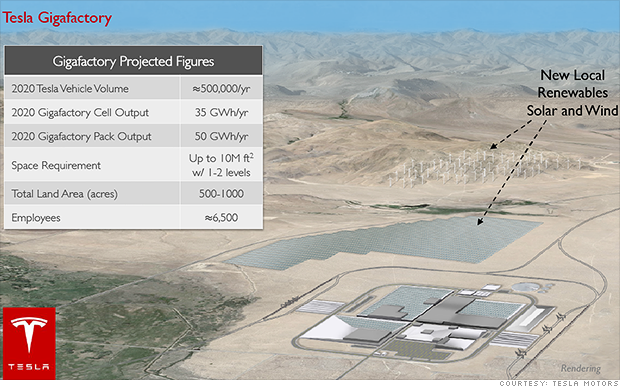
Whitaker: Song Seng Wun in Singapore, are you convinced that electric cars are just round the corner?
Song Seng Wun: Here in Singapore there is certainly plenty push as far as government is concerned to ensure transportation is as green as possible and obviously, if we are able to get more cheaper, affordable cars…Singapore is probably the world’s most expensive, even for electric cars…it will be welcome here.
It’s about whether the technology involved in greening transportation can be expanded for use in other cars in manufacturing, in businesses as well, which, I suppose is what Singapore is all about: how to use existing technology for better use elsewhere to increase productivity? (Productivity) is the catchword of the day, of the year, perhaps decade, here in Singapore.
Whitaker: Alison, from what Song Seng is saying…That’s quite heartening from your point of view?
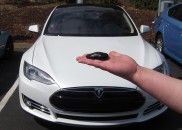 van Diggelen: Yes, it’s great to hear there is that focus on efficiency and sustainability…The Model S is between $70,000 and $100,000 here which obviously is a bit of a stretch for most of us, but what they plan is to have a third generation mass market car and this is where the Gigafactory is a key part of that. They’re planning to produce 500,000 of these all electric cars by 2020, so this is the grand strategy of making transport more electric and more energy efficient.
van Diggelen: Yes, it’s great to hear there is that focus on efficiency and sustainability…The Model S is between $70,000 and $100,000 here which obviously is a bit of a stretch for most of us, but what they plan is to have a third generation mass market car and this is where the Gigafactory is a key part of that. They’re planning to produce 500,000 of these all electric cars by 2020, so this is the grand strategy of making transport more electric and more energy efficient.
Listen to more of our BBC Business Matters discussion:
On the economics of Scottish independence: @26:00
On how to bring out the best in Parisian waiters @46:29
Check out other BBC Conversations on Fresh Dialogues:
On Google’s Self Driving Car in May 2014
On Apples’ Green Strategy in April 2014
On Fresh Dialogues and how it began in Feburary 2014
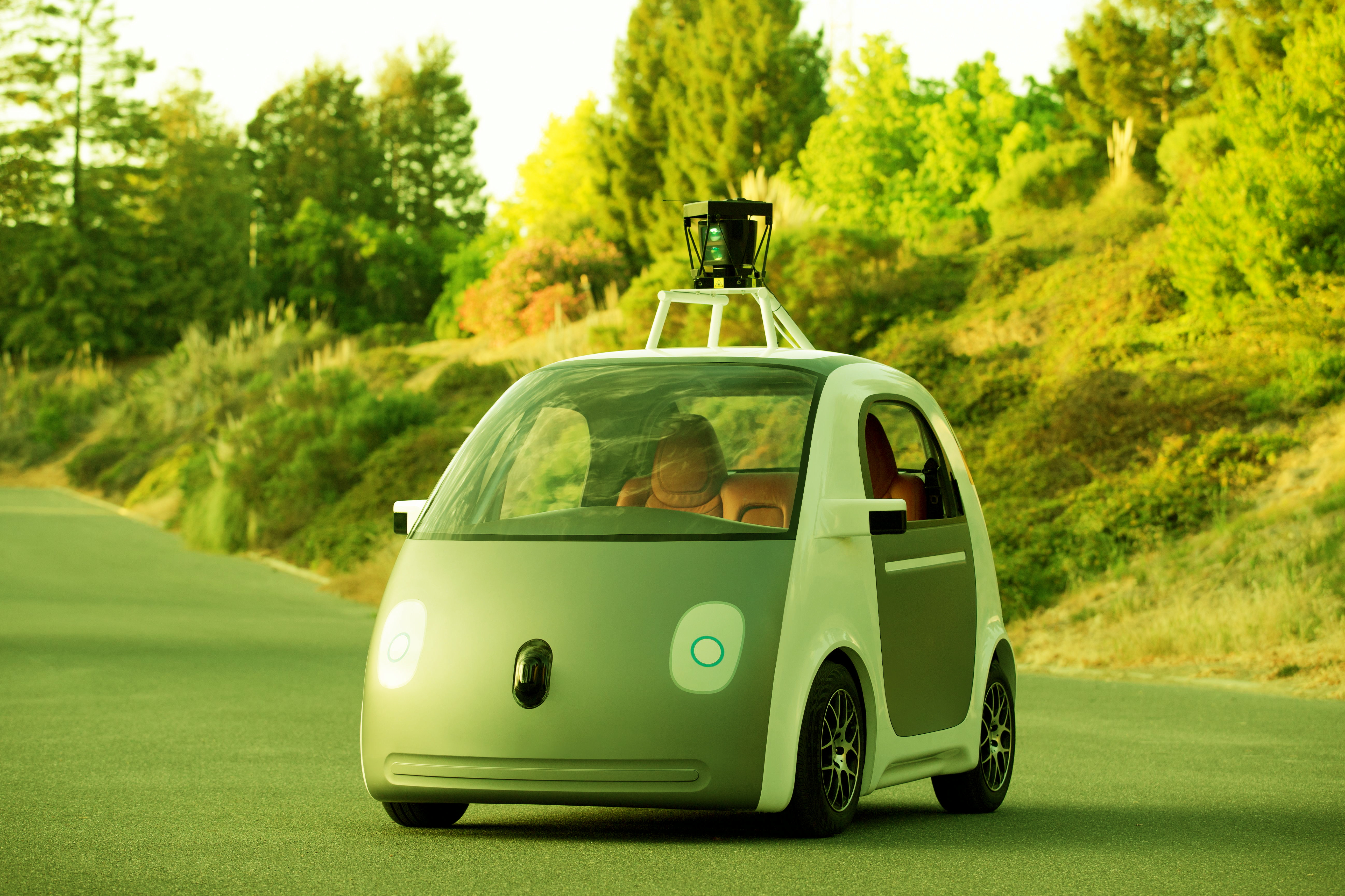
May 29, 2014 | BBC World Service, Electric Vehicles
This week I was invited to be a guest on the BBC’s Business Matters with host Jon Bithrey and The Wall Street Journal’s Alex Frangos. We had a lively conversation about Silicon Valley’s hot stories: The unveiling of Google’s driverless car and Apple’s purchase of Dr. Dre’s Beats Electronics for $3B.
Beyond the obvious detail that Google’s new car is all-electric (which Katie Fehrenbacher points out is important), we explored why driverless cars may one day contribute to a cleaner and more efficient transport sector. Find out how below…
Here’s a transcript of our conversation. It’s been edited for length and clarity. Listen from 18:27 at the BBC World Service.
Bithrey: Google is to start building its own fleet of self driving cars…Let’s bring in our guests, Alison van Diggelen in San Francisco and Alex Frangos in Hong Kong. Alison… have you seen any in your neighborhood…Google trying out their self driving cars?
van Diggelen: I’ve seen many on Highway 85 between Mountain View and San Jose. You see them a lot, but I haven’t seen this particular one. What is unique about this is that it only goes 25 mph and it’s built from the ground up…they’re going to be building about 100 of them and we’ll probably see them in and around Google, they’re going to use it between buildings on their campus. That is the plan.
But what’s exciting about it from my point of view – I cover cleantech – and the beauty of self driving cars is that it can be a more efficient way to transport us. Self driving cars can allow “platooning” so cars can convoy really close together, you can get more cars on the road and it can include car sharing. And here’s an interesting example: in the future, you may be able to rent a car, and you may not want do the autonomous self drive car, but you just call it up on your app and it can deliver itself to your door. And that to me is an interesting, futuristic view of what they one day may be able to do.
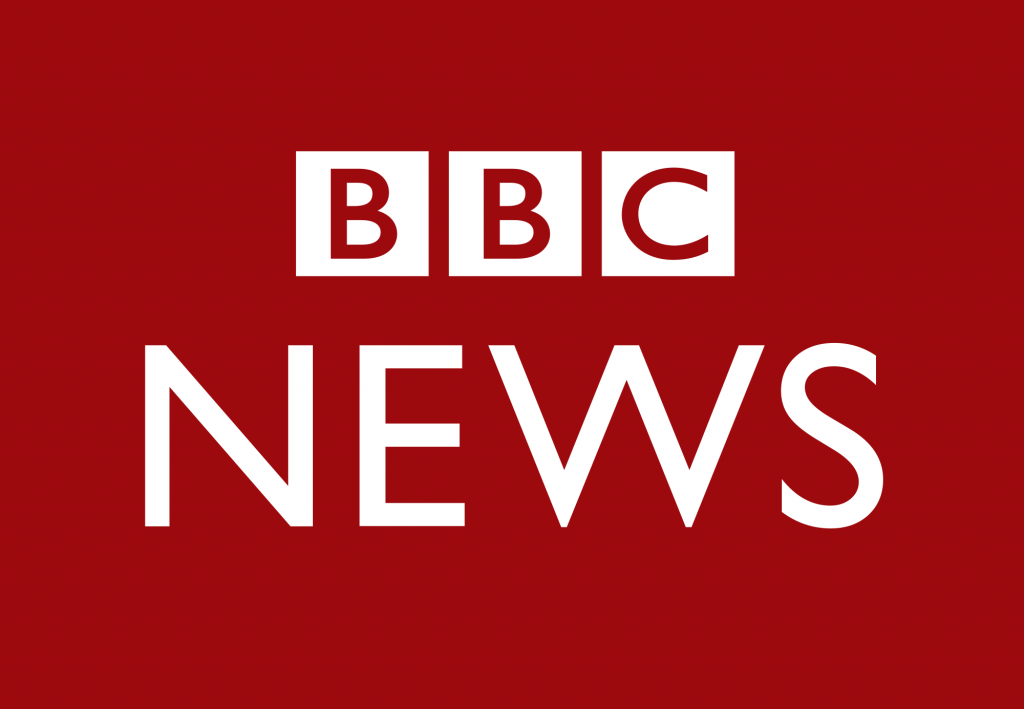 Bithrey: (laughter) It is indeed. There are critics who say that… they could make traffic worse, and urban sprawl worse because people won’t have to drive any more. It will tire them out less if they’re not having to drive themselves, and so they may be happy to make longer journeys in these and thus be more polluting.
Bithrey: (laughter) It is indeed. There are critics who say that… they could make traffic worse, and urban sprawl worse because people won’t have to drive any more. It will tire them out less if they’re not having to drive themselves, and so they may be happy to make longer journeys in these and thus be more polluting.
van Diggelen: Yes, that’s a possibility, however, the interesting thing with this car is that it is an electric car, so again that’s a greener alternative to your internal combustion engine. Another advantage of autonomous cars…is that you can have parking lots where you take your car to the edge of the parking lot and say, “Go Park Yourself.” It will have sensors on the car and in parking spaces, so those cars will be able to pack themselves in much more efficiently, so a more efficient use of available space. I take your point about longer commutes, but there are greener aspects to it too.
Bithrey: Alex Frangos in Hong Kong, is this the type of thing you’d like to try out? Would you trust a driverless car?
Frangos: I’d trust it probably as much as I’d trust all the other crazies who are on the road with me. Saying it’s unsafe is only in comparison to how unsafe it already is on the road, given how terrible drivers can be in various countries of the world. The thing that is, not troubling, but would take the enjoyment out of driving and misses the point, especially in the US of why people drive: the freedom and control it gives people. Or at least a sense of freedom and control to go where they want and do what they want… make a spontaneous turn or what not.
Bithrey: It’s just a more advanced version of cruise control isn’t it?
Frangos: No, I think it’s much more than that because you’re giving up control to the computer. So it could be a great improvement in life, but it would change what driving means, especially to Americans.
Bithrey: Yes, it might be slightly strange just having a stop/go button and not having all the other things we’re used to inside a car. OK, we’ll be back with you both on Business Matters on the BBC World Service….
Want to hear the entire show at the BBC? Listen here
Other topics we cover:
On collaboration: a group of four authors have collaborated on a single novel called “Keeping Mum.” We ask them how it’s possible to keep such a large group focused on a single plot. @26:40
On Maya Angelou: “This will resonate not just for novelists but for business people too. ‘People will forget what you said, people will forget what you did, but people will never forget how you made them feel’ (Maya Angelou)” @39:05
On Apple’s acquisition of Dr Dre’s Beats Electronics. Will it make Apple cooler? @45:56
Find out more about BBC conversations
In April, we discussed Apple’s green strategy (renewable energy supply, recycling iPods etc) on BBC Business Matters
Listen to my other appearances on BBC Business Matters re. how Fresh Dialogues began; the Dalai Lama in Silicon Valley; Scottish independence and much more.
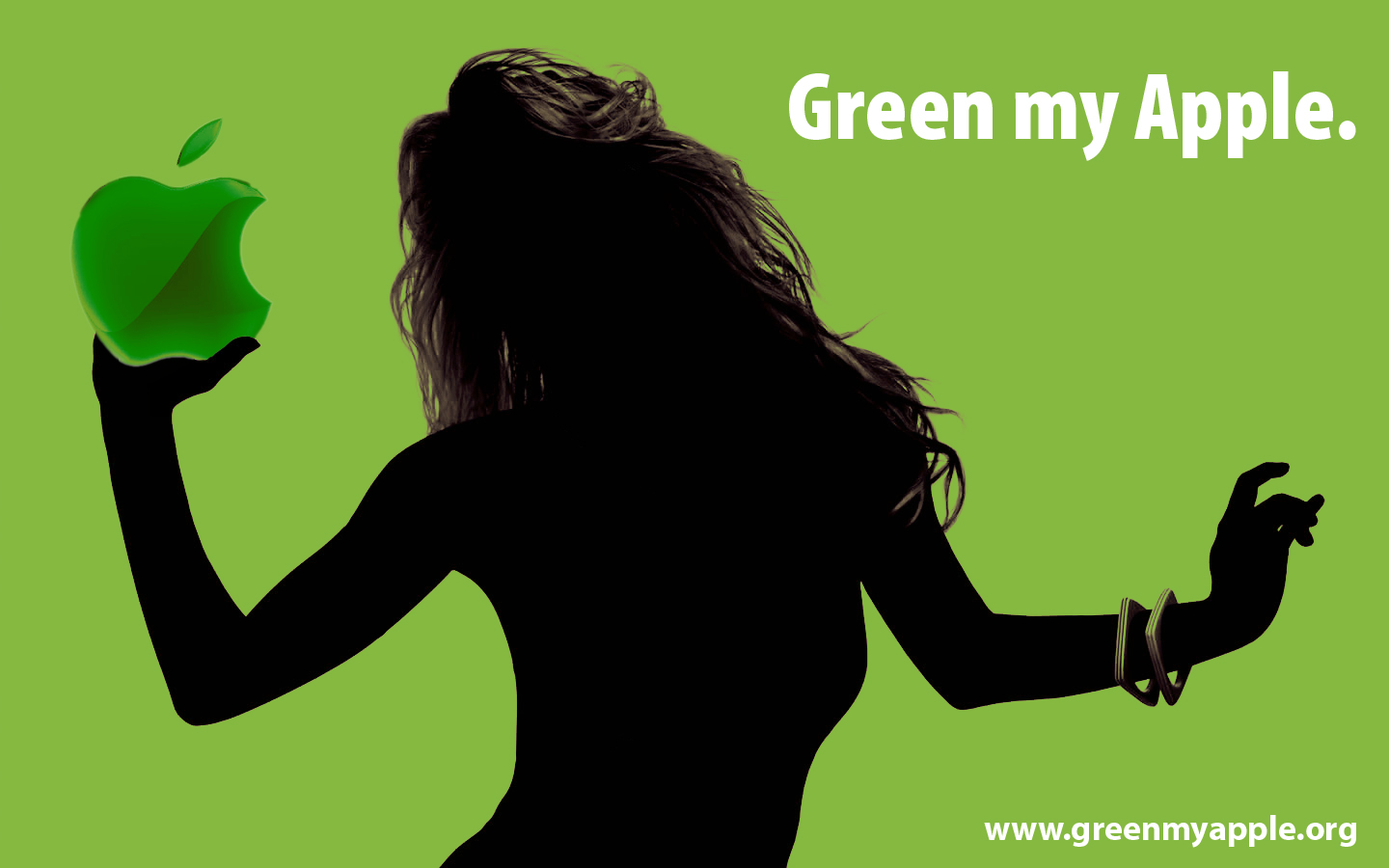
Apr 23, 2014 | BBC World Service, China - what we can learn, Clean Tech, Solar Energy
By Alison van Diggelen, host of Fresh Dialogues
Yesterday, I was invited to join the live BBC World Service show, Business Matters to discuss Apple’s green manifesto and its rivalry with Samsung. I was interviewed by the BBC’s talented Manuela Saragosa. Here’s a transcript of the highlights. Listen to the full interview here (green discussion starts at 26:00).
Saragosa: It was Earth Day on Tuesday… there’s been no dimming of the lights here at the BBC…but technology giant, Apple has been laying out its green manifesto to mark Earth Day. The company’s CEO Tim Cook put out a video, announcing a new scheme that allows any product made by Apple to be returned to the company for recycling.
Our guest, Alison van Diggelen is in California’s Silicon Valley. Alison, green business issues are your thing, what do you make of Apple’s manifesto? Is there substance to it do you think?
van Diggelen: I think there is substance to it. The reason they put out this video is: Greenpeace has been snapping at Apple’s heels for quite some time. I did a story a couple of years ago (for NPR’s KQED Radio) when they were looking at data centers. Greenpeace came up with their own quasi Apple ad (cunningly called iCoal), showing that every time you download something or send a photo on your iPhone, you’re putting more smog into the atmosphere. It was very clever and got Apple’s attention, and now they’re really moving ahead (According to a recent EPA report – Apple is now in the top 10 clean energy users nationally and uses 92% clean energy). One of their major data centers (in North Carolina) where they do Apple iCloud, has 100% green power: clean energy, using solar and fuel cells.
In the video, they’re doing a little chest thumping, saying “Look at us – here’s what we’re doing!” And of course, launching it on the week of Earth Day was a very clever move, a strategic move…
I do think Apple deserves to be lauded. It could do more, but I think shining a light on what it’s doing so far is good.
Saragosa: But it’s come a hugely long way. I know that in 2006, Greenpeace published its first guide to green electronics and at that point it rated Apple among the worst companies (it ranked 11 out of 14 companies). I suppose things have changed quite a lot since then.
van Diggelen: Yes. I think Greenpeace deserves credit for doing what it can to put the pressure on. This report it released went through all the major tech companies: Google, Apple, Facebook, Twitter (Amazon), saying: “Here’s what they’re doing folks!” Companies that you think of as pretty green and green advocates like Google, they’re not doing enough. They could do more.
The interesting thing with Tim Cook that your listeners will definitely be interested in is that at a recent shareholders’ meeting, someone stood up and said: “We don’t like what you’re doing with all those clean energy data centers. Couldn’t you be using your funds to make better products…do other things?”
Saragosa: But is that a widely held view?
van Diggelen: This is the interesting thing: Tim Cook struck back at them. He said: “We believe that we must make the world a better place.” He stood up and said this to the shareholders…”If you don’t agree with it, sell your shares! Which was quite gutsy of him I thought. Since then Richard Branson (CEO Virgin Atlantic etc) has said the same (He recently wrote, “Businesses should never be entirely focused on the bottom line…I would urge climate deniers to get out of our way!“) So I think it’s great to see high profile CEO’s like Tim Cook and Richard Branson are doing that, and saying: Hey! We need to think about the environment, we need to think about our impact on the environment. I’m cheered by that.
Listen to more of our discussion re Apple vs Samsung battle, copycats, tech recycling, and safe disposal of electronic goods.
We also explored attitudes to the environment and clean energy in Asia with David Kuo of the Motley Fool in Singapore; and discussed the devastating levels of pollution in China’s major cities.
van Diggelen: I recently spoke with Andrew Chung, who’s a Chinese American venture capitalist in Silicon Valley. He’s doing a lot of work in China and he was telling me about one of the (green) companies he’s investing in. The impetus in China is huge: they’re having to do it because the pollution is so intense, people are dying from the pollution.
One of these companies that’s completely addressing that is LanzaTech. They’re capturing the carbon monoxide pollution from steelmakers outside Shanghai and using it to create valuable fuel and chemicals, rather than ‘just’ capturing it. It’s a really interesting solution: a win win. A win for the environment, but it’s also a money maker and great for the steelmakers. So that’s the kind of play that’s going on in China.
Read more about Google’s Green Dream at Fresh Dialogues

![]() By Alison van Diggelen, host of Fresh Dialogues
By Alison van Diggelen, host of Fresh Dialogues Mark Whitaker: My guests on Business Matters today are Song Seng Wun from CIMB Research in Singapore, and San Francisco’s Alison van Diggelen. Alison presents a program called Fresh Dialogues which is all about high tech… and all about green. Alison, we’re always keen to hear about what’s happening in Silicon Valley. What’s the latest?
Mark Whitaker: My guests on Business Matters today are Song Seng Wun from CIMB Research in Singapore, and San Francisco’s Alison van Diggelen. Alison presents a program called Fresh Dialogues which is all about high tech… and all about green. Alison, we’re always keen to hear about what’s happening in Silicon Valley. What’s the latest?
 van Diggelen: Yes, it’s great to hear there is that focus on efficiency and sustainability…The Model S is between $70,000 and $100,000 here which obviously is a bit of a stretch for most of us, but what they plan is to have a third generation mass market car and this is where the Gigafactory is a key part of that. They’re planning to produce 500,000 of these all electric cars by 2020, so this is the grand strategy of making transport more electric and more energy efficient.
van Diggelen: Yes, it’s great to hear there is that focus on efficiency and sustainability…The Model S is between $70,000 and $100,000 here which obviously is a bit of a stretch for most of us, but what they plan is to have a third generation mass market car and this is where the Gigafactory is a key part of that. They’re planning to produce 500,000 of these all electric cars by 2020, so this is the grand strategy of making transport more electric and more energy efficient.

 Bithrey: (laughter) It is indeed. There are critics who say that… they could make traffic worse, and urban sprawl worse because people won’t have to drive any more. It will tire them out less if they’re not having to drive themselves, and so they may be happy to make longer journeys in these and thus be more polluting.
Bithrey: (laughter) It is indeed. There are critics who say that… they could make traffic worse, and urban sprawl worse because people won’t have to drive any more. It will tire them out less if they’re not having to drive themselves, and so they may be happy to make longer journeys in these and thus be more polluting.


